What Is Coconut Sugar And Coconut Palm Sugar?
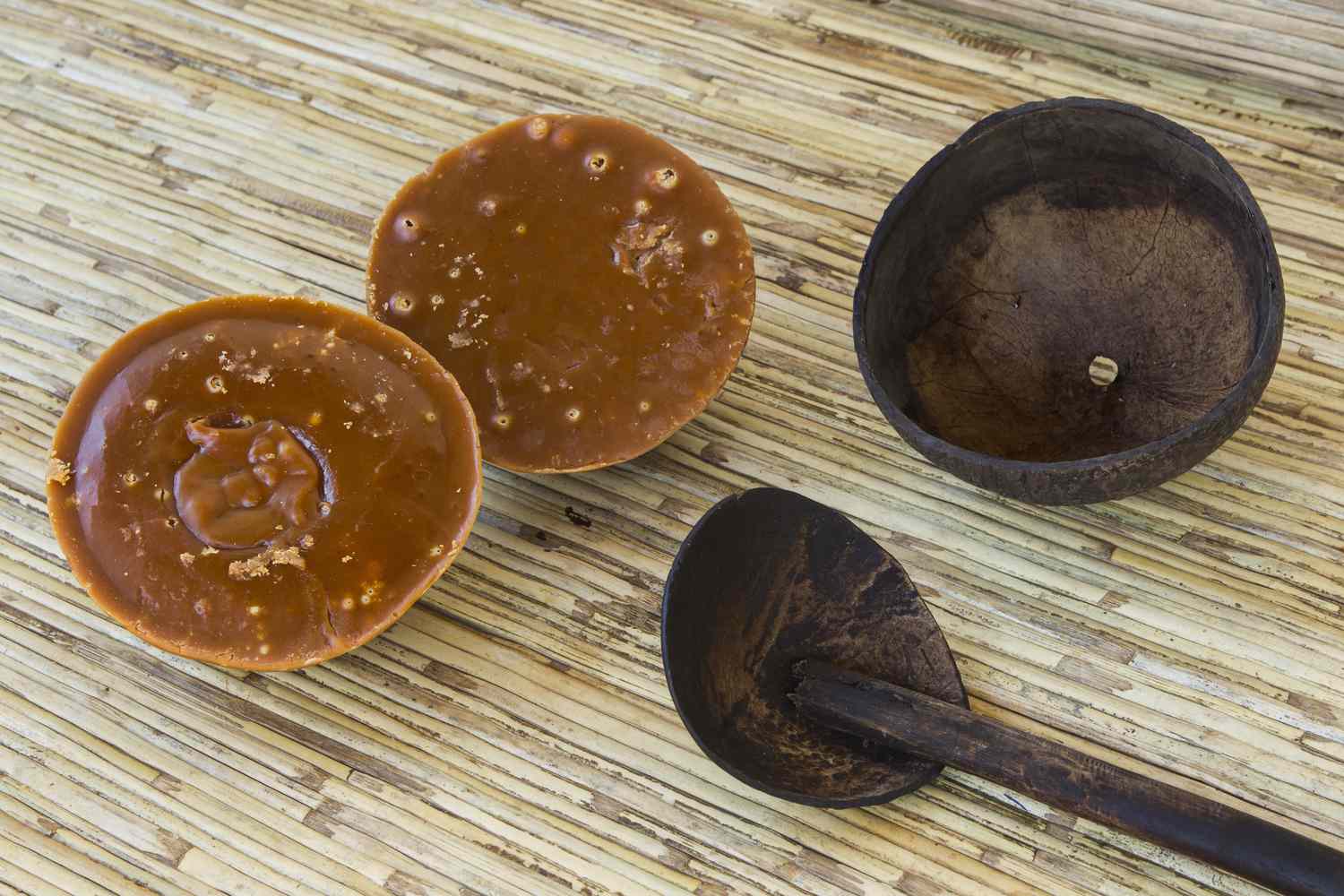
Coconut sugar and coconut palm sugar are both natural sweeteners derived from the sap of coconut palm trees. The sap is extracted by tapping the flower buds of the tree and then boiled down to create a thick syrup. The syrup is then further dehydrated to form crystals, which are then ground into a fine granulated sugar. Coconut sugar and coconut palm sugar are often used interchangeably and can be used as a substitute for regular sugar in cooking and baking. They have a similar taste profile with subtle caramel undertones, making them a popular choice for those seeking alternatives to refined sugar.
Coconut Sugar Overview
Coconut sugar, also known as coconut palm sugar, is a natural sweetener derived from the sap of coconut palm trees. It is made by collecting the sap from the flower buds of the tree, which is then boiled and dehydrated to form crystals. Coconut sugar has a pleasant caramel-like flavor, with subtle hints of coconut. It is often used as a healthier alternative to refined sugar due to its lower glycemic index and higher nutrient content. Coconut sugar can be used in baking, cooking, and as a sweetener for beverages.
Coconut Palm Sugar Overview
Coconut palm sugar, also known as coconut sugar, is a natural sweetener derived from the sap of coconut palm trees. It is made by collecting the sap from the flower buds of the tree and then boiling and dehydrating it to form crystals. Similar to coconut sugar, coconut palm sugar has a pleasant caramel flavor with subtle hints of coconut. It is often used as a healthier alternative to refined sugar due to its lower glycemic index and higher nutrient content. Coconut palm sugar can be used in baking, cooking, and as a sweetener for beverages.
Nutritional Value Of Coconut Sugar And Coconut Palm Sugar

Coconut sugar and coconut palm sugar are both natural sweeteners that offer some nutritional value compared to refined sugar. They contain slightly higher amounts of certain nutrients such as potassium, magnesium, and zinc compared to regular sugar. However, it’s important to note that the differences in nutrient content between coconut sugar and coconut palm sugar are minimal. Both sugars are primarily composed of calories and carbohydrates. When using these sweeteners, it’s essential to do so in moderation as they still contribute to overall calorie intake.
Coconut Sugar Nutritional Content
Coconut sugar contains slightly higher amounts of certain nutrients compared to regular sugar. It is a source of potassium, magnesium, and zinc, which are important for overall health and wellbeing. Additionally, coconut sugar contains small amounts of iron, calcium, and vitamin C. However, it’s important to note that the differences in nutrient content between coconut sugar and regular sugar are minimal. Both sugars should still be consumed in moderation as they primarily contribute to overall calorie and carbohydrate intake.
Coconut Palm Sugar Nutritional Content
Coconut palm sugar contains slightly higher amounts of certain nutrients compared to regular sugar. It is a source of potassium, magnesium, and zinc, which are important for overall health and wellbeing. Additionally, coconut palm sugar contains small amounts of iron, calcium, and vitamin C. However, it’s important to note that the differences in nutrient content between coconut palm sugar and regular sugar are minimal. Both sugars should still be consumed in moderation as they primarily contribute to overall calorie and carbohydrate intake.
Health Benefits Of Coconut Sugar And Coconut Palm Sugar
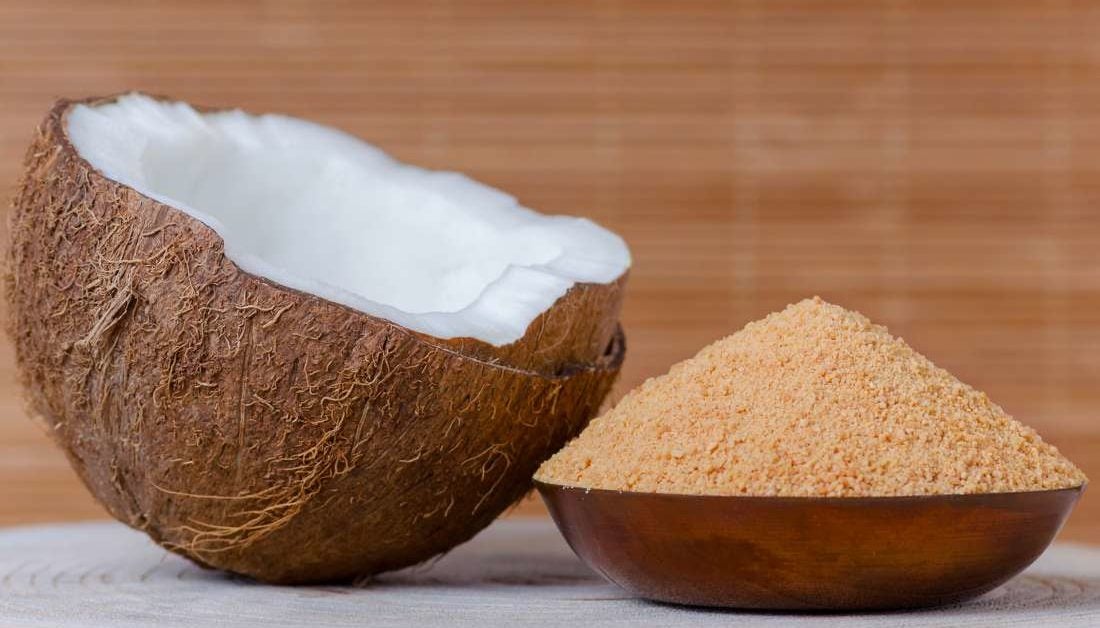
Coconut sugar and coconut palm sugar offer some potential health benefits compared to refined sugars. Here are some key benefits:
- Lower Glycemic Index: Both coconut sugar and coconut palm sugar have a lower glycemic index than regular sugar. This means they cause a slower rise in blood sugar levels, making them a better option for individuals with diabetes or those looking to manage their blood sugar levels.
- Rich in Nutrients: Coconut sugar and coconut palm sugar contain small amounts of potassium, magnesium, zinc, iron, calcium, and vitamin C. While these nutrients are present in minimal quantities, they still provide some additional nutritional value compared to regular sugar.
- Natural Sweetness: Coconut sugar and coconut palm sugar are derived from the sap of coconut palm trees and are considered more natural and less processed than refined sugar.
Remember, while these sugars have slightly more nutrients than regular sugar, they should still be consumed in moderation as part of a balanced diet.
Benefits Of Using Coconut Sugar
Coconut sugar offers several benefits when used as a sweetener. Firstly, it has a lower glycemic index than regular sugar, meaning it causes a slower rise in blood sugar levels. This makes it a suitable choice for individuals with diabetes or those looking to manage their blood sugar. Additionally, coconut sugar contains small amounts of potassium, magnesium, zinc, iron, calcium, and vitamin C, providing some additional nutrients compared to regular sugar. Lastly, coconut sugar is considered more natural and less processed than refined sugar, making it a healthier option for those looking to reduce their intake of artificial sweeteners.
Benefits Of Using Coconut Palm Sugar
Coconut palm sugar offers multiple benefits when used as a sweetener. Firstly, it has a lower glycemic index compared to regular sugar, which makes it a suitable choice for individuals with diabetes or those looking to manage their blood sugar levels. Additionally, coconut palm sugar contains essential minerals such as potassium, calcium, zinc, and iron, providing additional nutrients compared to refined sugar. Furthermore, coconut palm sugar is considered more natural and less processed, making it a healthier option for those seeking to reduce their consumption of artificial sweeteners and additives .
Culinary Uses Of Coconut Sugar And Coconut Palm Sugar
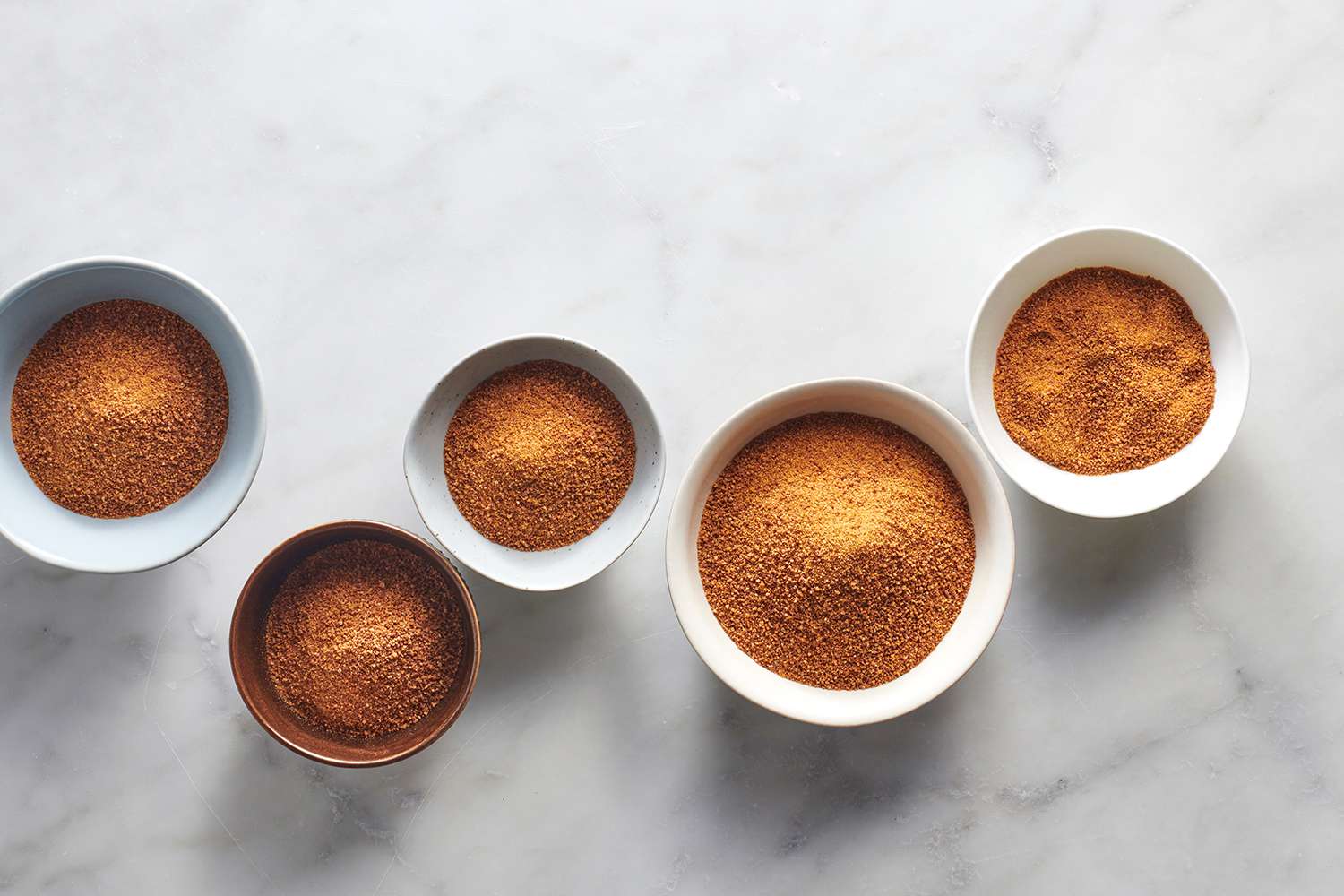
Coconut sugar and coconut palm sugar are versatile ingredients that can be used in various culinary applications. They can be used as a substitute for regular sugar in baking recipes such as cookies, cakes, and muffins. These sweeteners add a subtle caramel flavor to baked goods, enhancing their taste. Coconut sugar and coconut palm sugar can also be used to sweeten beverages like coffee, tea, and smoothies. Additionally, they can be sprinkled over oatmeal or used as a topping for pancakes and waffles. Their unique flavor profiles make them a popular choice for creating delicious and healthier desserts.
Cooking And Baking With Coconut Sugar
Coconut sugar is a versatile ingredient that can be easily incorporated into various cooking and baking recipes. Its rich caramel-like flavor adds a delicious twist to dishes. When substituting coconut sugar for regular sugar, it is important to note that the sweetness level may vary. It is generally recommended to use 1:1 ratio when replacing regular sugar with coconut sugar. Whether you are making cookies, cakes, or homemade granola bars, coconut sugar can be used as a healthier alternative to traditional sweeteners. It adds a natural sweetness and complexity of flavor to your culinary creations.
Incorporating Coconut Palm Sugar In Recipes
When it comes to using coconut palm sugar in recipes, it can be a delicious and healthier alternative to traditional sweeteners. Its subtle caramel flavor adds a unique touch to dishes. Coconut palm sugar can be used as a 1:1 replacement for regular sugar in most recipes. It works well in baking, such as in cookies, cakes, and muffins, providing a moist texture and rich flavor. It can also be used in sauces, marinades, and dressings to enhance the taste profile. Additionally, coconut palm sugar can be sprinkled over fruits, yogurt, or oatmeal for a natural sweetener option.
Sustainability And Environmental Impact
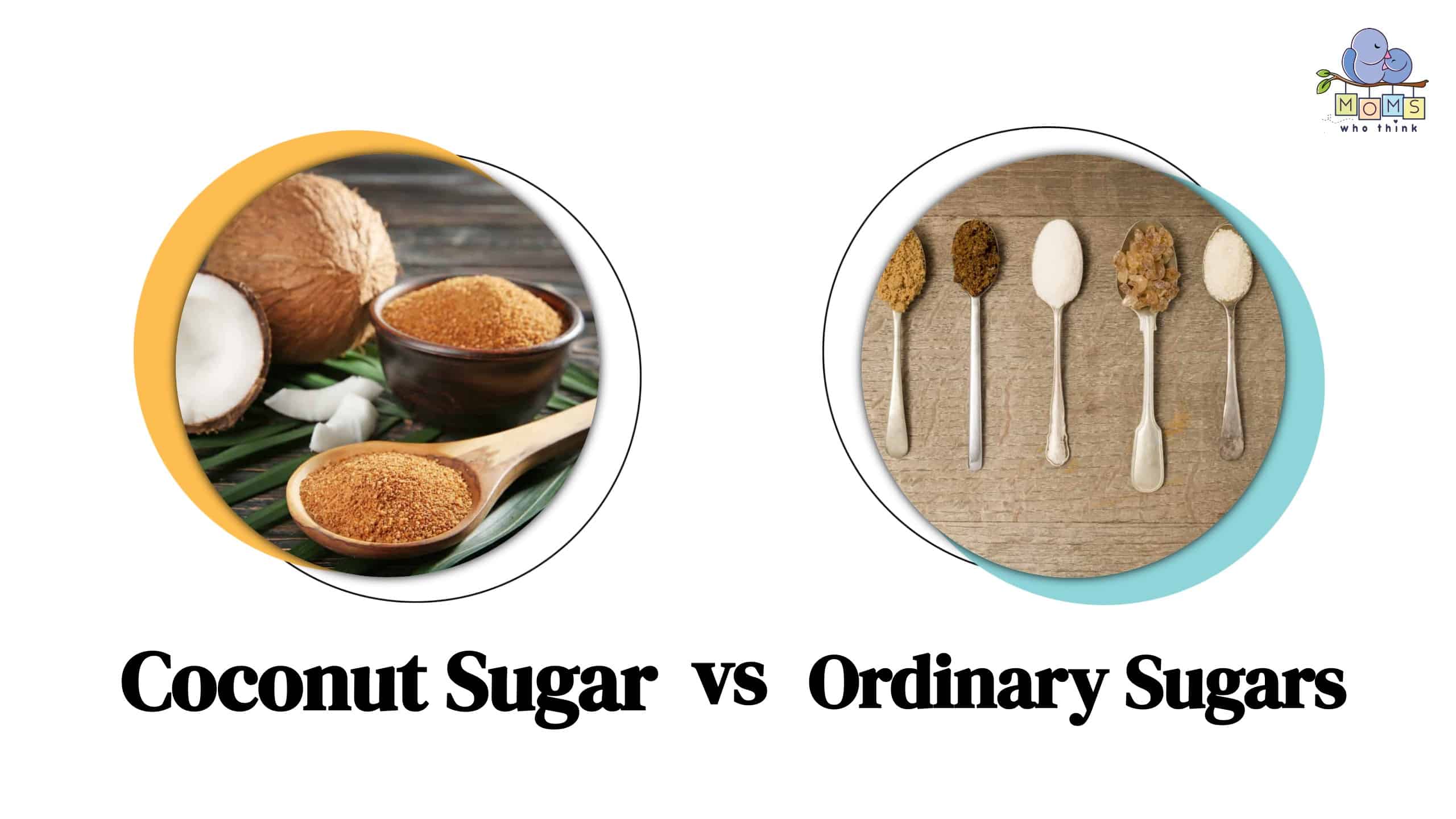
Coconut sugar and coconut palm sugar are both regarded as sustainable alternatives to traditional sugar due to their lower environmental impact. Producing coconut sugar requires less water and energy compared to traditional sugar production. Additionally, coconut palms have a longer lifespan, with the ability to produce sugar for up to 20 years, while sugarcane plants need to be replanted annually. The cultivation of coconut palms also often involves mixed cropping, which further enhances their sustainability. Moreover, coconut sugar is typically produced by small farmers, promoting local economies and organic farming practices.
Coconut Sugar Production Process
The production process of coconut sugar involves several steps. First, the sap of the coconut flower buds is collected by cutting the buds and placing a container to collect the sap. The collected sap is then boiled in large pots until most of the water content evaporates, leaving behind a thick syrup. This syrup is then transferred to molds or trays, where it solidifies and forms coconut sugar. Finally, the solid coconut sugar is granulated into fine crystals. This production process retains the natural flavor and nutrients of the coconut, making it a popular alternative sweetener.
Coconut Palm Sugar Farming Practices
Coconut palm sugar is derived from the sap of coconut palm trees. The farming practices for coconut palm sugar involve a sustainable and eco-friendly approach. Farmers tap the blossoms of the coconut palm and carefully collect the sap without harming the trees. This process is done by climbing the trees or using bamboo ladders. It is important to note that coconut palm trees are typically grown in organic and natural environments without the use of pesticides or chemicals. This ensures that the production of coconut palm sugar is not only delicious but also environmentally friendly.
Conclusion
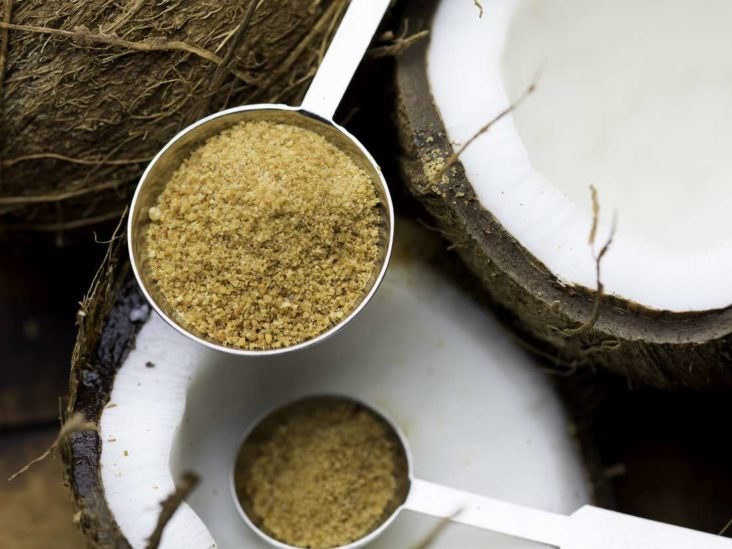
In conclusion, both coconut sugar and coconut palm sugar are natural alternatives to table sugar that offer unique flavors and nutritional benefits. While coconut palm sugar has a lower glycemic index and higher mineral content, coconut sugar stands out for its rich caramel-like flavor. Overall, coconut sugar is a popular choice for those seeking a healthier sweetener option. It is important to remember that moderation is key when consuming any type of sugar. So, whether you choose coconut sugar or coconut palm sugar, enjoy them in moderation as part of a balanced diet.
Comparison Of Coconut Sugar And Coconut Palm Sugar
When comparing coconut sugar and coconut palm sugar, there are a few key differences to consider. Coconut sugar has a rich caramel-like flavor, while coconut palm sugar has a more smokey taste. In terms of nutritional content, coconut palm sugar has a lower glycemic index and higher mineral content compared to coconut sugar. However, both sweeteners are natural alternatives to table sugar and can be used in cooking and baking. Ultimately, the choice between coconut sugar and coconut palm sugar comes down to personal preference and dietary needs.
FAQ About Coconut Sugar Vs Coconut Palm Sugar: Sweeteners Compared
Q: What is the main difference between coconut sugar and coconut palm sugar?
A: The main difference lies in the naming convention since both terms are often used interchangeably in the market. However, they both refer to the same natural sweetener derived from the sap of coconut palm trees.
Q: Are there any nutritional differences between coconut sugar and coconut palm sugar?
A: Both coconut sugar and coconut palm sugar have similar nutritional profiles as they are both rich in minerals like magnesium, potassium, zinc, and iron. The key distinction may arise in the production process and the specific variety of coconut palm species used.
Q: How do coconut sugar and coconut palm sugar compare in terms of taste?
A: Both sweeteners have a similar taste profile with a mild caramel-like flavor. Some consumers may notice subtle taste variations based on the brand or processing method used.
Q: Are there any ethical or environmental considerations between coconut sugar and coconut palm sugar?
A: When choosing between the two, it’s essential to consider the sourcing practices of the brands. Opting for sustainably sourced coconut sugar or coconut palm sugar can help support ethical and environmentally friendly production methods.
Q: Can coconut sugar and coconut palm sugar be used interchangeably in recipes?
A: Yes, coconut sugar and coconut palm sugar can generally be used interchangeably in recipes as they have similar sweetness levels. However, it’s always recommended to adjust the quantity based on personal taste preferences.
Q: Are there any health benefits unique to coconut sugar or coconut palm sugar?
A: Both coconut sugar and coconut palm sugar are considered healthier alternatives to refined sugars due to their lower glycemic index and higher nutrient content. However, it’s essential to consume all types of sugars in moderation as part of a balanced diet.

Hot Pot Chinese Restaurant, located in Mechanicsville, MD 20659, is a culinary destination that offers a delightful array of Chinese cuisine. From the cozy ambiance to the delectable dishes, Hot Pot Chinese Restaurant is dedicated to providing an exceptional dining experience for all patrons. Since our establishment, Hot Pot Chinese Restaurant has been committed to serving the finest Chinese food, offering a diverse menu that caters to a wide range of tastes. Whether you’re craving traditional favorites like Kung Pao Chicken and Mongolian Beef or seeking out more adventurous options like Szechuan Spicy Hot Pot, our menu has something to satisfy every craving.